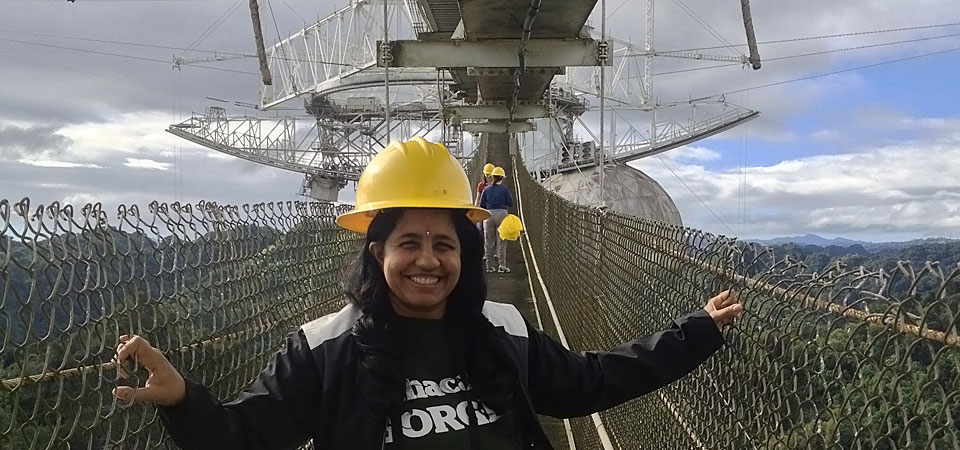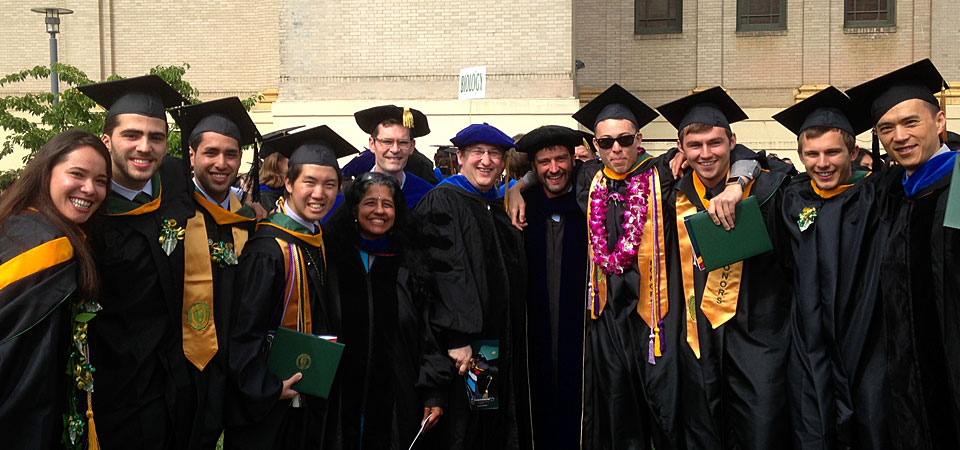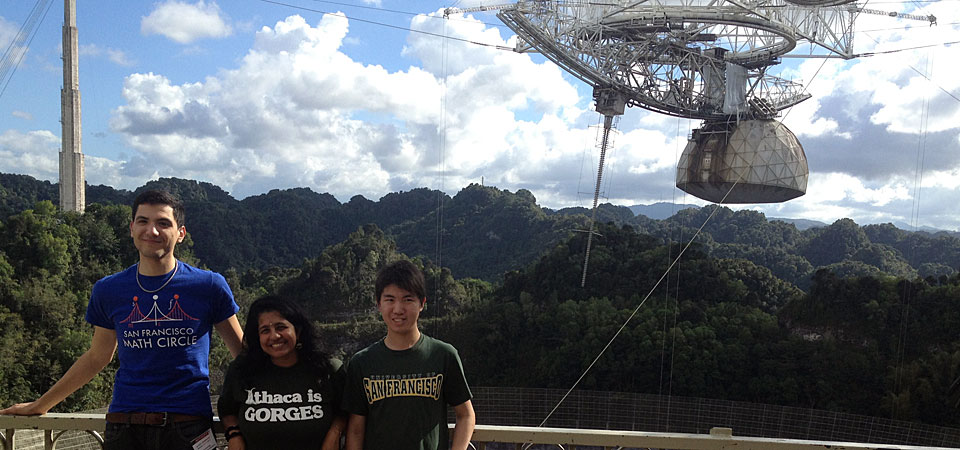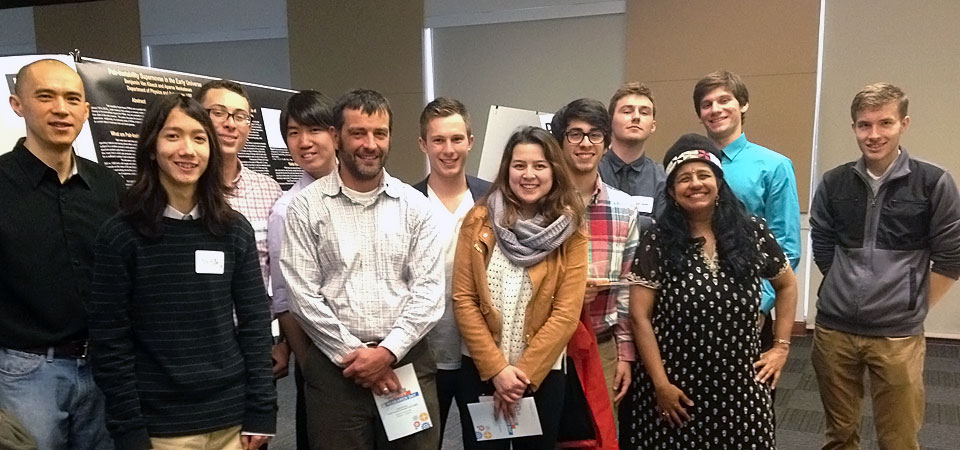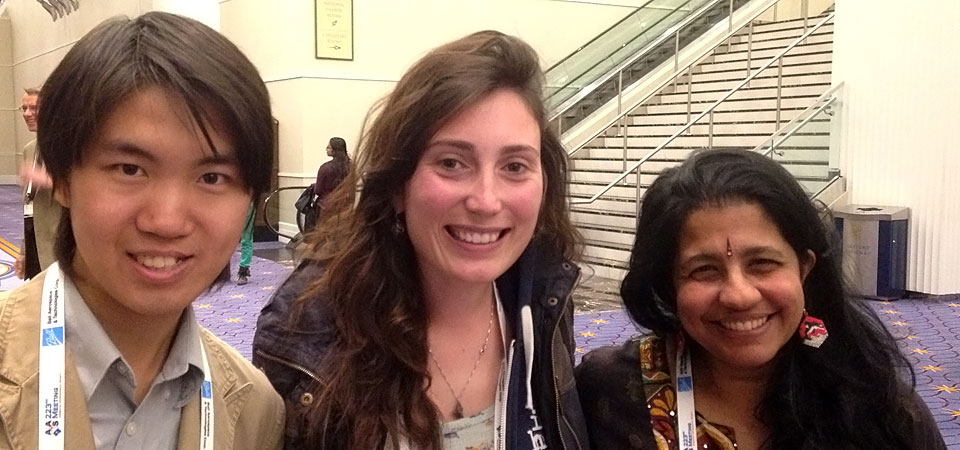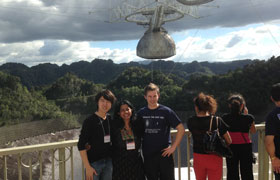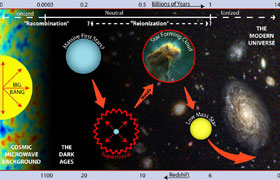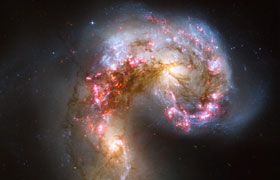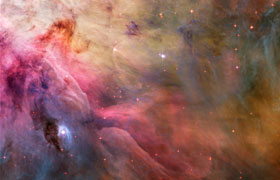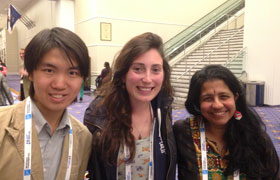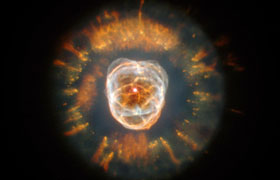REST IN POWER, Arecibo. You are cherished on Earth and your voice continues in space.
Featured in nearly two dozen media/press articles since 2020 on the broad-ranging impacts of satellite megaconstellations on dark skies and use of near-Earth space, including: The Economist, VICE, Discover Magazine, Science, WIRED magazine, New Scientist, Nature, Undark Magazine, Scientific American, and Vox. Featured HERE among Vice Media’s 2020 Humans of The Year
Presentations since October 2021 include: Opening keynote “Who Owns the Night Sky?” for Under One Sky hosted by the International Dark-Sky Association. the National Academies/IAU, and a panel on Planetary Protection and Ethics hosted by the Kilachand Honors College at Boston University
Co-Chair of the Community Engagement Working Group for the SATCON2 workshop, held July 2021. 5-min media briefing HERE and final SATCON2 reports HERE
See our 2020 Nature Perspective – Venkatesan, A., Lowenthal, J., Prem, P. et al. The impact of satellite constellations on space as an ancestral global commons. Nat Astron 4, 1043–1048 (2020). This appeared in a Nov. 2020 Nature Astronomy focus issue on the future of astronomy with small satellites.
Invited Nature Astronomy Comment on inclusive practices with indigenous communities: Venkatesan et al., Nature Astronomy volume 3, 1035–1037(2019)
Astro2020 and Planetary 2023 Decadal Surveys: Since July 2019, I have co-authored or led 14 white papers with targeted recommendations for scientific and DEI initiatives, as part of two recent decadal surveys conducted by the National Academies of Sciences – Planetary2023: Decadal Survey in Planetary Sciences and Astrobiology, and Astro2020: Decadal Survey in Astronomy and Astrophysics. Links are available through the National Academies’ site and are also published in the Bulletin of the American Astronomical Society.
Recent Awards and Honors:
Recipient of “Catalyzing Joint Research Between PUI and R1 Institutions” grant through the Cottrell Scholars Collaborative, 2019-20
Co-I on successful Hubble Space Telescope (PI: S. Brunker, Indiana U.), Escaping Ionizing Radiation in Compact Star-Forming Galaxies: Probing Higher-Mass Systems, 2019-20
Named a Cottrell Scholar 2010 by Research Corporation
Recipient of the 2018 USF Arthur Furst award, which honors a USF faculty member or alumnus whose work exemplifies excellence in research for the betterment of humanity
Co-recipient of the 2018 USF College of Arts and Sciences Collective Achievement Award for supporting women in STEM fields
For a full listing of media, press and interviews, please see the Press and Media link.
Venkatesan’s USF undergraduate research group was featured recently in these articles on the Undergraduate ALAFALFA Team: Mercury magazine article in 2015 and the CUR (Council on Undergraduate Research) Quarterly in summer 2016.
BIO and BACKGROUND:
Aparna Venkatesan is a cosmologist working on a number of research topics including studies of the first stars and quasars in the universe, cosmological reionization, the physical conditions in early-universe galaxies, cosmological element synthesis, and the cosmic microwave background.
She is currently an Associate Professor in the Department of Physics and Astronomy at the University of San Francisco. Before moving to the Bay Area, she held an NSF Astronomy and Astrophysics Postdoctoral Fellowship at the Center for Astrophysics and Space Astronomy at the University of Colorado at Boulder. She received her Ph.D. from the Department of Astronomy and Astrophysics at The University of Chicago, and her bachelor’s degree from Cornell University’s Astronomy Department.
Venkatesan currently serves on a number of local and national committees to increase the participation of women and underrepresented minorities in STEM fields and astronomy, including the American Astronomical Society’s Committee on the Status of Minorities in Astronomy, and the Committee on the Status of Women in Astronomy.
Here is Venkatesan’s academic CV.
Disclaimer: Any opinions or material expressed here are not the responsibility of the Department of Physics and Astronomy or of the University of San Francisco.
